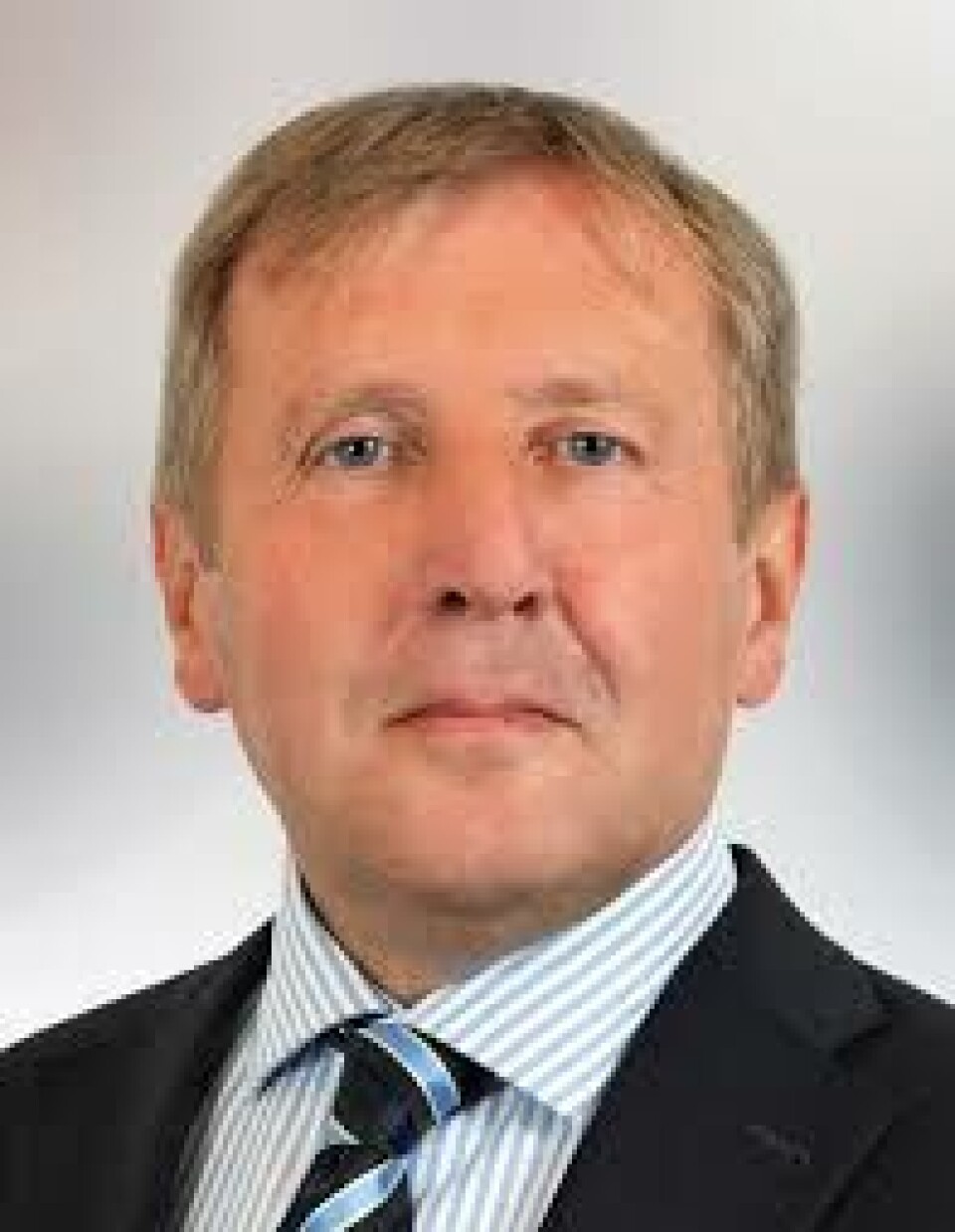
Irish speed up efforts to clear licensing backlog
Ireland expects to rule on 235 aquaculture licence applications in 2017 as officials continue attempts to tackle a 10-year backlog blamed on a 2007 European Court judgement.
The Department of Agriculture, Food and the Marine (DAFM) released the figures in its Annual Review and Outlook 2016—2017.

The document states: "During 2016 significant progress was made in a number of key areas which will enable the continued sustainable growth of the industry. 122 licence determinations were made by the Minister (Michael Creed, Minister for Agriculture, Food and the Marine) in 2016, with a further 235 determinations expected in 2017.
'Failure by the State'
"DAFM has continued to work to address the backlog in the processing of aquaculture licence applications in 2016. The background to the backlog is that in 2007 the European Court of Justice issued a negative judgement against Ireland for breaches of the EU Birds and Habitats Directives. A large element of the judgement concerned a failure by the State to put in place adequate assessment of aquaculture licence applications in ‘Natura 2000’ areas.
"In the negotiations to address this judgment, a process was agreed with DG Environment (in 2009) and this is being implemented. The process includes data collection, the setting of Conservation Objectives, carrying out of Appropriate Assessments and appropriate licensing, taking account of, among other things, Natura requirements. The process is ongoing and considerable progress has been made.
"Appropriate Assessments have now been received by the Department in respect of 21 bays – Bannow Bay, Ballycotton Bay, Castlemaine Harbour, Clew Bay, Donegal Bay, Drumcliff Bay/Cummeen Harbour, Dundalk Bay, Dungarvan Harbour, Galway Bay, Gweedore Bay, Kenmare Bay, Kilkieran, Lough Swilly, River Barrow & River Nore, Roaringwater Bay, Sheephaven Bay, Slyne Head Bay,Trawbreaga Bay, Valentia Harbour/Portmagee Channel, West of Ardara / Maas Road and Wexford Harbour."
Sea production of salmon increased by 24 per cent to 16,300 tonnes in 2016, with a value of £94 million, making it far and away the biggest-earning aquaculture sector.






















































